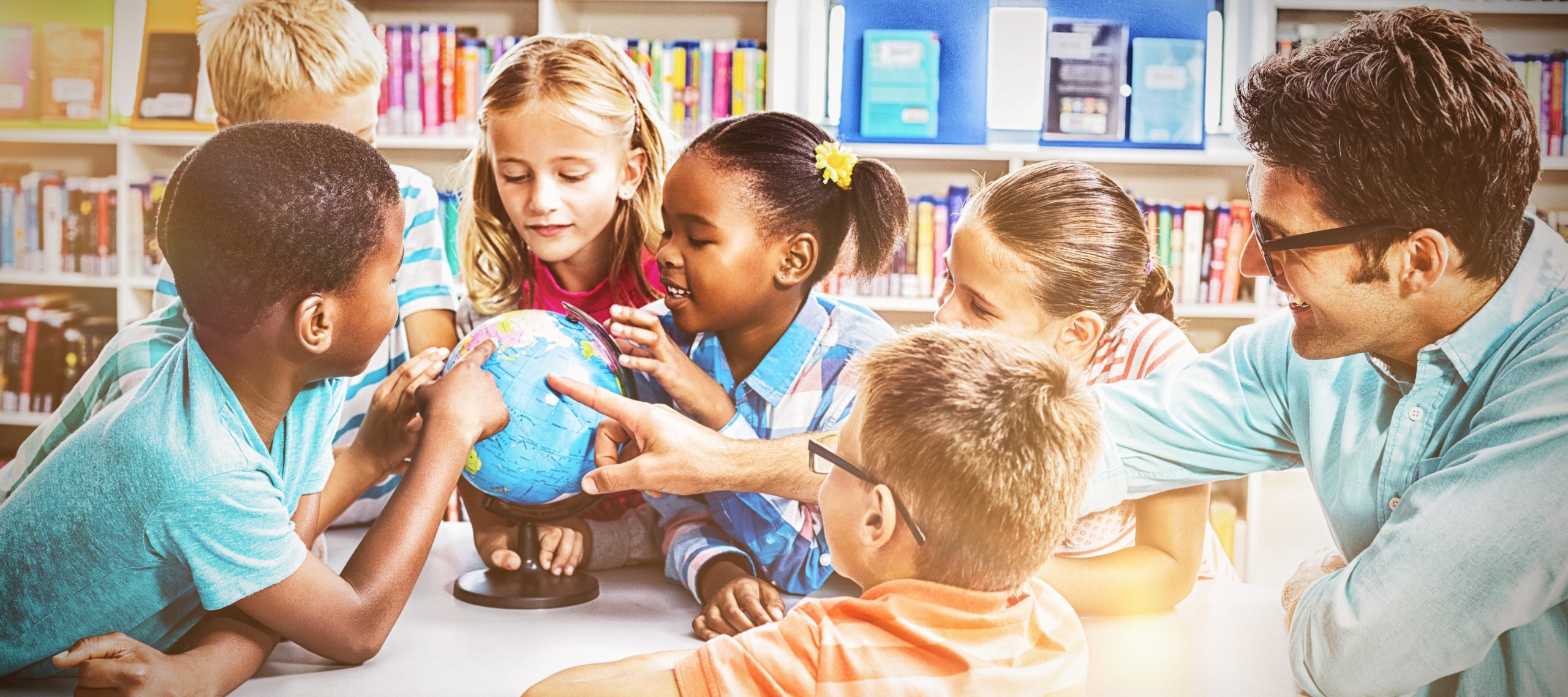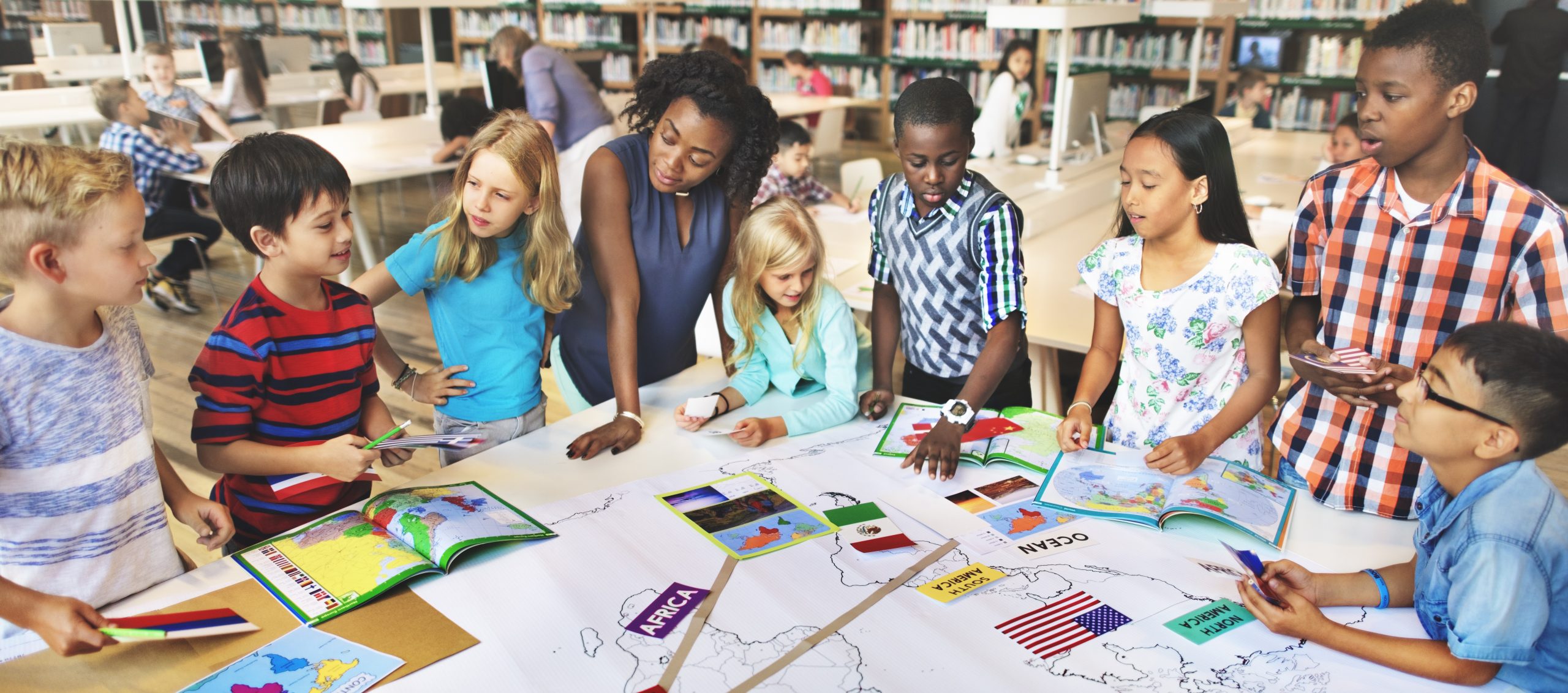Expert Social Studies Tutors in the NYC Metro Area
Best Social Studies Tutors, At-Home Sessions & Free Consultations in the NYC Metro Area. PRIVATE PAY TRAVELING TO:
New York City (NYC)
Manhattan
Brooklyn
Queens
Staten Island
Bronx
Long Island (including the Hamptons)
Westchester
New Jersey (NJ)
Connecticut (CT)


TESTIMONIALS


DAVID
Special Educator

CAROLYN
New York State Certified Special Education Teacher, Social Studies Teacher, and Literacy Specialist
**Guarantee: It’s critical that whoever receives our tutoring services connects with the specialist, the specialist has expertise in the area of need, and is available to travel to you. If you are not 100% satisfied with our services, we are 100% committed to finding you the right professional.
What Is Social Studies?
Our learning specialists and academic tutors provide 1:1 individualized tutoring in Social Studies for elementary, middle, and high school students.
Social studies allow students to develop the attitudes, skills, and knowledge needed to become engaged, active, informed, and responsible citizens. Recognition and respect for individual and collective identity are important in a pluralistic and democratic society. Students gain an awareness of self and the importance of being a member of their local community and a citizen in society.
SOCIAL STUDIES TEACHER INTERVIEW QUESTIONS & ANSWERS
What Is Social Studies?
Social studies are the study of individuals about one another and to their world. It is an inquiry-based interdisciplinary subject that combines law, philosophy, politics, history, ecology, economics, geography, and other science disciplines. Social studies foster students’ understandings of and involvement in ethical and practical issues that face their communities and humankind. Social studies enable students to understand who they are as a society and how they can make changes for the future.

What Is the Role of Social Studies?
Social studies develop the knowledge and understanding, key values and attitudes, and the skills and processes necessary for students to become responsible and active citizens. It engages students in the democratic process and helps them become aware of their capacity to effect change in their communities and the world.
Learn how maps distort how we see the world via charts and visualizations.
The Ten Themes of Social Studies
There are ten themes or organizing strands in the study of social studies.
Individual Development and Cultural Identity
- Social, political, and cultural interactions within the development of an individual’s identity
- Personal identity as a function of an individual’s culture; the influences of geography, time, and place from institutions; interaction with groups; and also lived experiences
Development, Movement, and Interaction of Cultures
- Role of diversity within and among cultures
- Aspects of culture – belief systems, religious faith, political ideals, literature, music, and/or art
- Cultural diffusion and change over time of different ideas and beliefs

Time, Continuity, and Change
- The study of History and research methods
- Reading, reconstructing, and interpreting events
- Analyzing the causes and consequences of events
- Considering different interpretations of events
Geography, Humans and the Environment
- Relationship between the physical world (the built and natural environments) and human populations
- Impact of human activities on the environment
- Interactions between regions, locations, places, people, and natural environments
- Spatial patterns of place and location
Development and Transformation of Social Structures
- Role of class systems, social groups, and social institutions
- Role of gender, race, class, age, ethnicity, education, and religion in defining social structures within a culture
- Social and political inequalities
- Access and expansion of rights through concepts of justice and human rights
Power, Authority, and Governance
- The purpose, characteristics, and function of government
- Individual rights and responsibilities as protected and challenged within a democracy
- Fundamental principles and values of a democracy
- Origins, uses, and abuses of power
- Conflict, diplomacy, and war
Civic Ideals and Practices
- Basic freedoms, rights, and responsibilities of citizens in a democracy
- Role of citizens within their local communities, the nation, and the global community
- Civic participation and engagement
- Respect for diversity
- Civic ideals and practices in countries other than our own democracy
- Struggle for rights, access to citizenship rights, and universal human rights
Creation, Expansion, and Interaction of Economic Systems
- Production, distribution, and consumption
- Scarcity of resources and the challenges of meeting what we want and need
- Supply, demand, and the coordination of individual choices
- Economic systems
- Trade, interdependence, and globalization
- Role of government in the economy
- Personal finance
Science, Technology, and Innovation
- Scientific and intellectual theories, findings, discoveries, and philosophies
- Applications of science and innovations in military technology, navigation, agriculture, transportation, communication, and industrialization
- Relationship between social, cultural, and economic change, science, technology, and innovation
Global Connections and Exchange
- Past, current, and certain future global connections and interactions
- Cultural diffusion: the spread of beliefs, goods, ideas, and technology
- Role of technology
- Benefits/consequences of global interdependence (social, political, economic)
- Causes and patterns of migration
- The tension between national interests and global priorities
How Is Social Studies Used in Everyday Life?
Social Studies teaches students important concepts of culture, politics, economics, and the skills needed to be productive and educated citizens in their local communities and the nation.
How Can Themba Tutors Help You?
At Themba, we believe that we can support students in their education with proper guidance from parents. Our programs are customized to what students need. We make lessons fun and productive to improve students’ strengths and overcome learning challenges they are facing. We provide Online and In-Home Services!
Tutoring, Coaching, Learning Specialists, Academic Tutors Services
We have expertise in:
Students of all ages receive one-on-one tutoring in all instructional materials, test preparation, and executive function coaching as required. At Themba Tutors, we take the time to help students/clients understand their strengths and progress in areas where they need to improve. We offer personalized tools for each of our clients to help them become more aware of their individual needs as they work towards short-term goals. Improving these skills will benefit our students’/clients’ long-term plans.
- Online Tutoring/Coaching
- English, and English Language and Arts (ELA)
- Literature
- Reading (Grades 1-12, and College)
- College Application Essay
- Writing (School-Age, College, and Adult)
- Song, Poetry, and Creative Writing
- Handwriting Tutors
- Math (Grades 1 to 12, College, Adult)
- Pre-Algebra, Algebra I, and Algebra II
- Geometry
- Trigonometry
- Pre-Calculus and Calculus
- Statistics
- Math Word Problems
- Exeter Math
- Biology (High School Biology, and AP Biology)
- Chemistry
- Physics
- Earth Science
- History and Social Studies
- Psychology
- Foreign Languages
- Test Prep (SAT, GRE, SHSAT, ISEE/SSAT, ELA, Regents, TASC, MAP Growth, LOTE Test, GED Test)
- Graduate School & Ph.D. Application Consulting
- Executive Functioning Skills (Grades 4 to 12, college, and adult)
- Adult Dyslexia Tutoring
- Adult ADHD/ADD Coaching
- Study Skills/Test Taking Tutoring
- International Baccalaureate IB Tutors
- Homeschooling
- Digital Literacy
- Computer Science
- Engineering Design
- Python and JavaScript Computer Programming (Coding) Tutoring
- Machine Learning
- Data Analytics, and Data Science
FREQUENTLY ASKED QUESTIONS
What is the study of social studies?
Our Social Studies Tutoring Services are customized to fit your needs!
Free Consultation!
Call: (917) 382-8641, Text: (833) 565-2370
Email: [email protected]
(we respond to email right away!).

